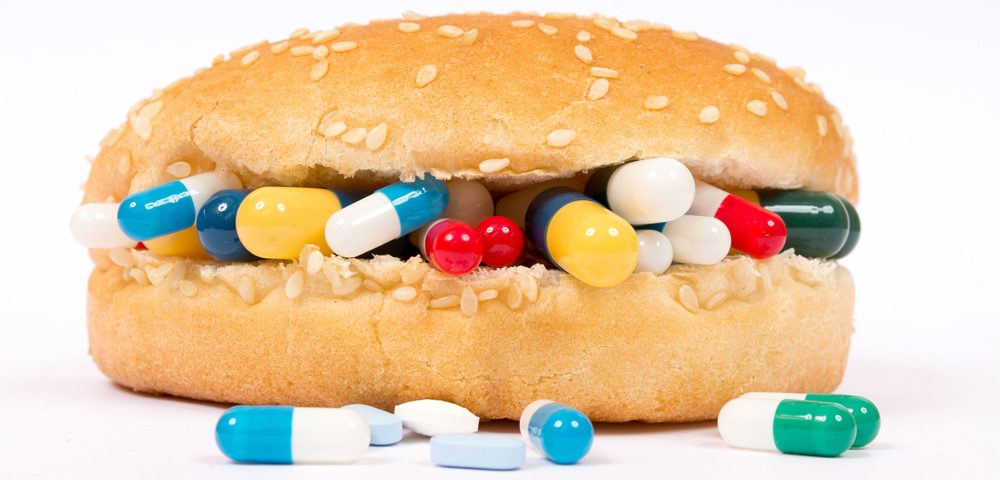Food is a Drug
Come Hear Me Speak!
May 24, 2016
How to Read a Food Label
July 6, 2016“Food is a drug, Alexandra”, my friend Whit earnestly said to me during a discussion about his inability to stop his late night binges. Don’t I know it. As someone who struggled for 12 years to overcome bulimia, I am personally aware of the power of food.
Dr. David Kessler wrote The End of Overeating: Taking Control of the Insatiable American Appetite when he realized that he, a former FDA commissioner and doctor, was unable to resist chocolate chip cookies. He discusses how processed foods are so unnaturally full of salt, sugar and fat that they hijack our bodies ability to sense satiety. Few of us binge on whole foods like broccoli and peas, but we become different people when faced with potato chips, chocolate or ice cream. White, processed food is a drug.
Kessler says these “highly palatable” salty, fatty and sugary foods stimulate the brain to release dopamine, a neurotransmitter that makes you feel good. If you eat the food again, the brain starts to rewire itself so the urge to eat the food grows. In addition, after the food is eaten the brain releases opioids (notice the similarity of this word to the opiate drug family) and that brings emotional relief. The lure is so powerful, the brain starts lighting up with these feel-good hormones even when person is reminded about the particular food, regardless of whether the person is hungry. Kessler estimates that only about 15 percent of the population is not affected by the overpowering lure of sugar, salt or fat.
How do you deal with this “drug” when you are trying to eat healthily but you are surrounded by these alluring, processed foods? We have to eat, so it is not as simple as “just say no” to food. I, an admitted sugar addict, find it so much easier to cut out desserts and sweets completely. Trying to be moderate is too hard for me – I felt more deprived trying to limit my intake than nowadays, when I just do not consider sweets an option at all. My client J., however, needs one cheat meal each week to remain motivated. I guess I have my version of that too: I allow some granola when I want it, although I measure it out before I eat it, so I don’t consume it mindlessly out of the box. We all have lines we draw to navigate the challenge of eating well in a world so full of drugs disguised as food.
So if you have a food you always end up eating more than you want, is it easier for you to avoid it completely or allow it in moderation? You probably know what works best for you, although you may not be implementing it successfully (this is where a health coach can really help). Setting clear limits around these foods before we are confronted with them is one way to avoid overeating. I also make sure I avoid them whenever possible: I certainly do not keep tempting sweets in the house and I carry healthy nuts and fruit with me when I am out, so I do not get hungry and succumb to an impulse buy at 7/11.
Remember sugar, salt and fat are drugs and should be treated as such. Which means they should be taken with care, if taken at all.


